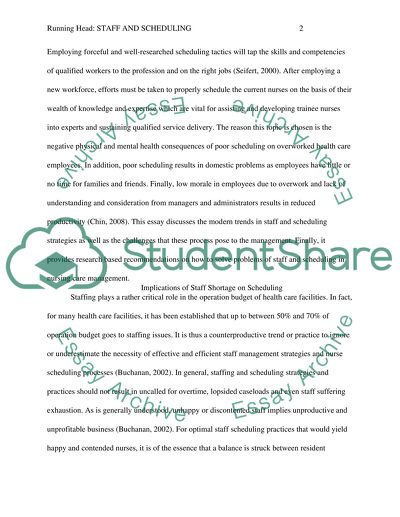Cite this document
(“Leadership and nursing care management Assignment”, n.d.)
Retrieved from https://studentshare.org/nursing/1489608-leadership-and-nursing-care-management
Retrieved from https://studentshare.org/nursing/1489608-leadership-and-nursing-care-management
(Leadership and Nursing Care Management Assignment)
https://studentshare.org/nursing/1489608-leadership-and-nursing-care-management.
https://studentshare.org/nursing/1489608-leadership-and-nursing-care-management.
“Leadership and Nursing Care Management Assignment”, n.d. https://studentshare.org/nursing/1489608-leadership-and-nursing-care-management.


